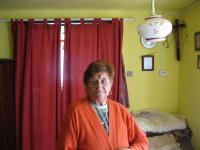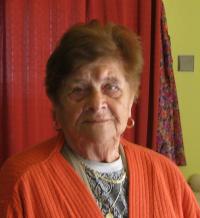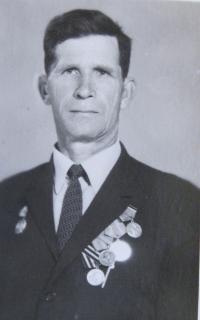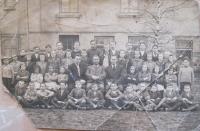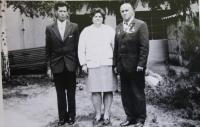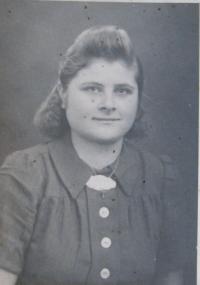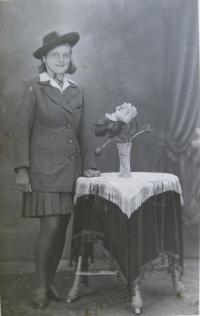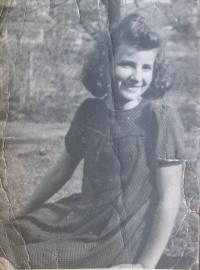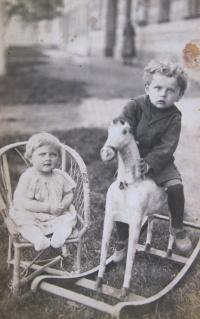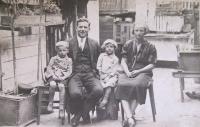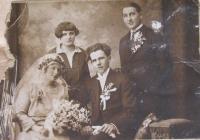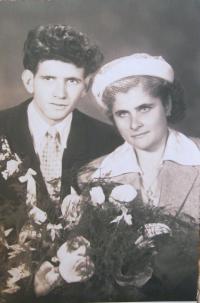We gave all the food we had to the Soviet prisoners

Stáhnout obrázek
Marie Sczeponiaková, née Valouchová, was born in 1929 in Dubčany na Hané. However, she spent her childhood in Březová near Litovel. Towards the end of the war, there were a considerable number of runaway Soviet prisoners in the surroundings of Březová. The family of Marie was supporting them in various ways. They gave the fugitives food and clothing and they also kept them at their farm over the night. At the age of 15, Marie was helping the local guerilla groups by passing messages between the individual groups. After the war, she moved to Libina where she currently lives. Her husband Rudolf Sczeponiak was half-Jewish and originated in Šumvald. Some of his relatives were murdered in concentration camps during the war and his family was the object of frequent repressions and humiliations by the Nazi administration.
